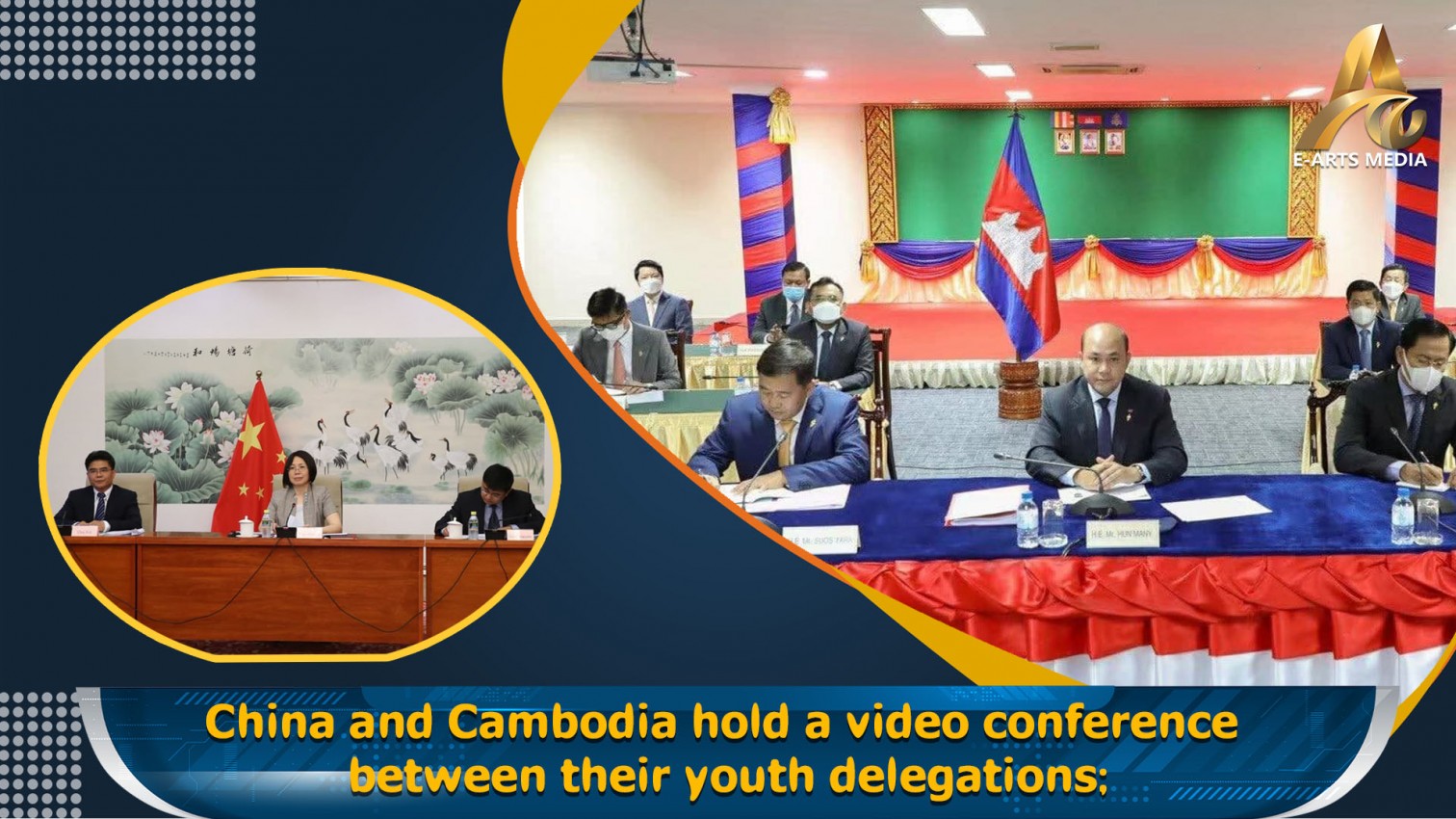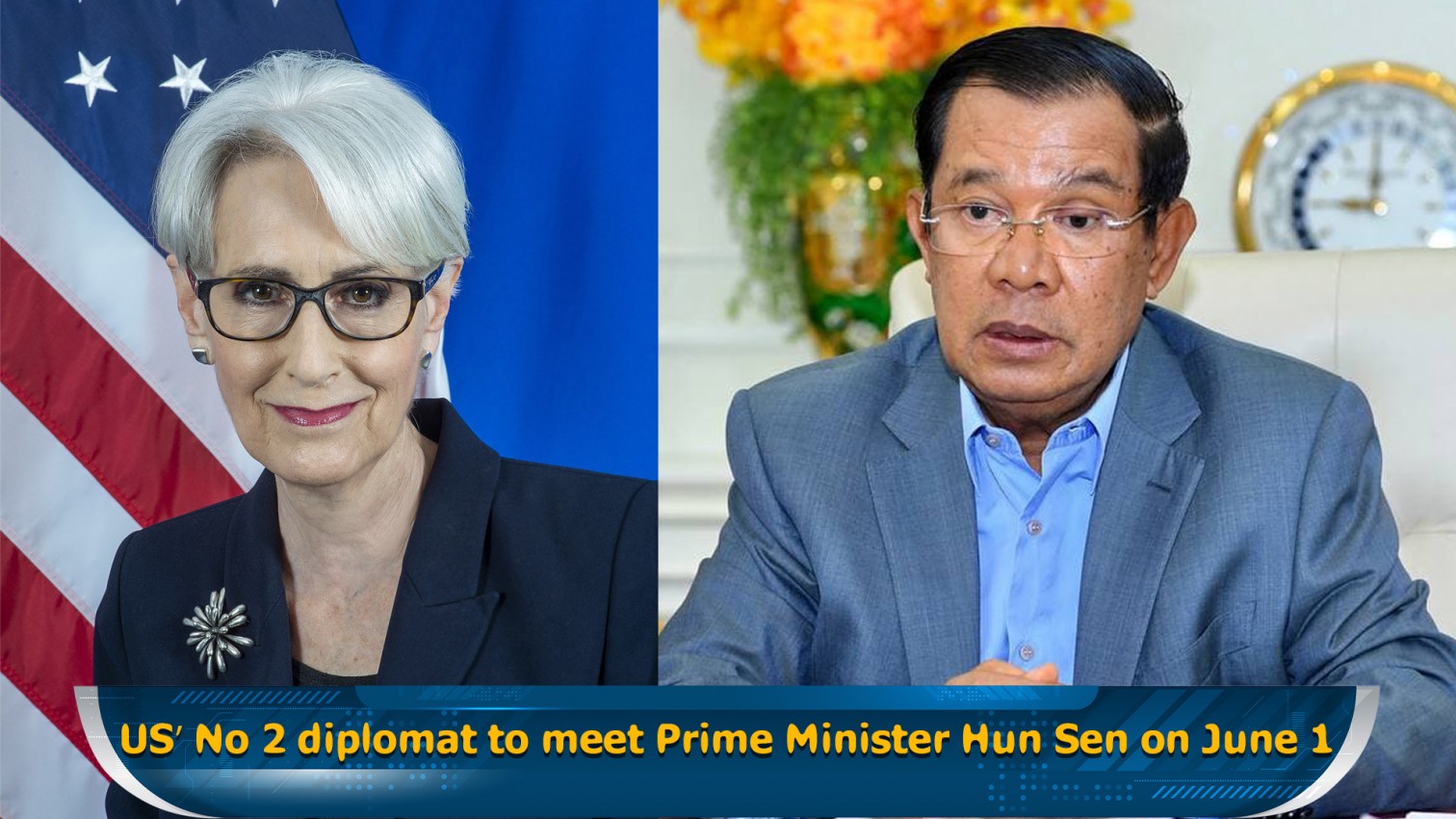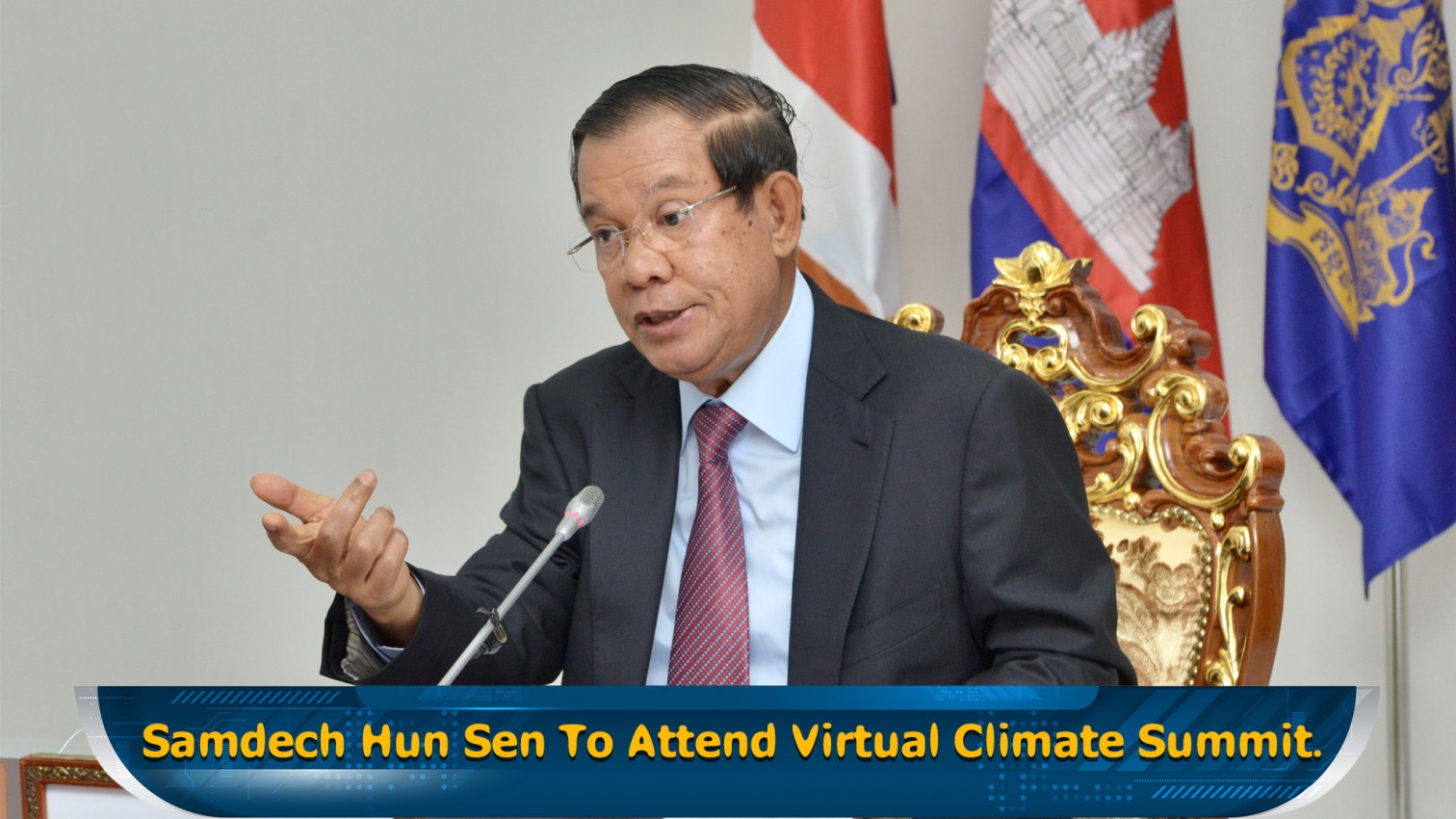PHNOM PENH: The government has decided to provide 4 million Riels or about $ 1,000 per month to the political parties represented on the Supreme Consultative Council (SCC) for work expenses, in addition to their salary. Head of the SCC secretariat, Chhim Phal Varun, said that the money will facilitate the members’ work so that they can provide important input for the government.
On the morning of December 6, Prime Minister Hun Manet presided over his first meeting of the SCC at the Peace Palace for about 4 hours.
Speaking at a press conference that afternoon, Chhim Phal Varun said that during the meeting, the Prime Minister highlighted the importance of democracy outside parliament to better assist the new administration. He said that the SCC is not a political competition, rather it is a space for ideas to improve the effectiveness of the first phase of the government's Pentagon Strategy.
He said that from the new mandate, each party of the Supreme Consultative Council will receive 4 million Riels ($ 1,000 US) without oversight of spending. "We are not checking what the money is used for, we are just waiting to see the achievements of each party delegation," he said.
He said that their achievements would be highlighted through self-reporting which should include suggestions that they have from their experience in the field.
The Supreme Consultative Council was established by former Prime Minister Hun Sen in 2018, after his party swept the election and won all seats in the National Assembly and the Senate. He created the council as a means to give a voice to Cambodia’s other parties, yet it has faced criticism for being ineffective in the past.
Chhim Phal Varun, however, said that in the previous administration, the SCC did a lot of work studying people’s problems, especially in land disputes. He said the council had submitted a report to former Prime Minister Hun Sen for review.
At present, the members of the Supreme Consultative Council have 27 member parties, each with six delegates, receiving the same salary as government officials. Notably absent from the council is the main opposition Candlelight Party, who was denied permission to participate in the election this year. According to Chhim Phal Varun, however, the SCC still welcomes other political parties that want to join.
Responding to criticism that the SCC us a waste of national budget, Chhim Phal Varun said people have the right to criticize, but that they did not understand the value of the SCC’s work and said that the consensus to build the nation and unite the people is important.
"Liberal multiparty democracies in developed countries are expanding their multiparty interests for the sake of cultivating ideas and gathering input for national development,” he said. “The benefit of different political currents who participate in providing input is national unification and contribution to nation building. So, we weigh the contribution to nation building by providing input as to whether the work is proportional to the money we spend, no?”
Forty political parties registered with the Ministry of Interior, of which 18 participated in the 2023 national election. Following the election, the King signed a decree to determine the organization and functioning of the SCC in order to promote a liberal, democratic, multi-party political system to collect the input of multi-party views for nation building. Last month, the long-reigning CPP formed an alliance with 27 parties to rid the country of “extremist politics” after a four-party alliance was formed by parties that oppose CPP dominance.



































